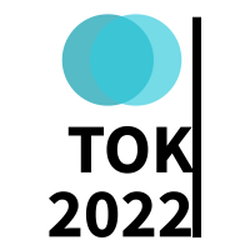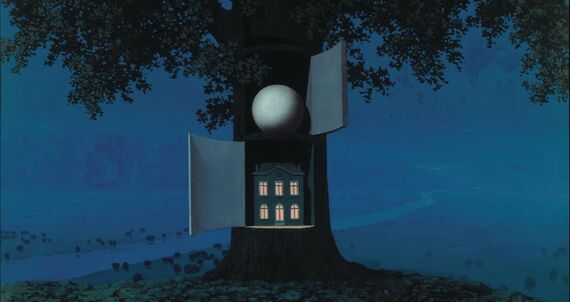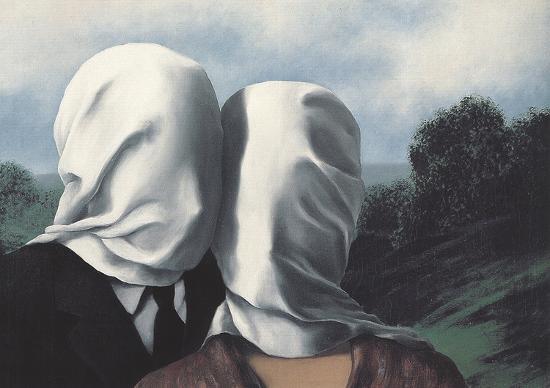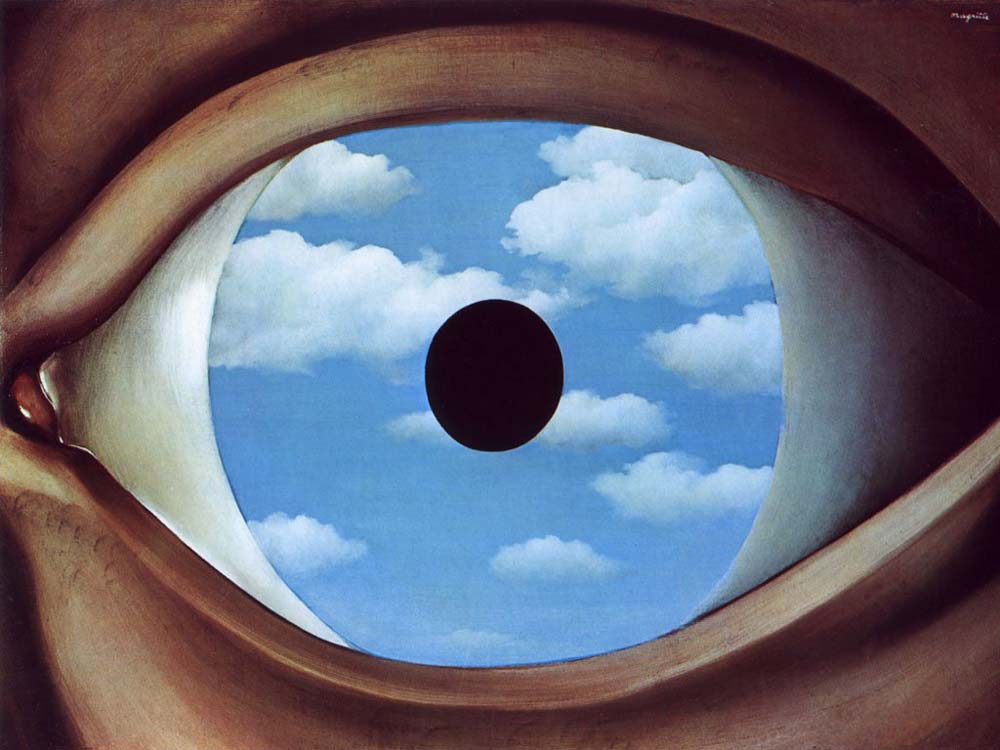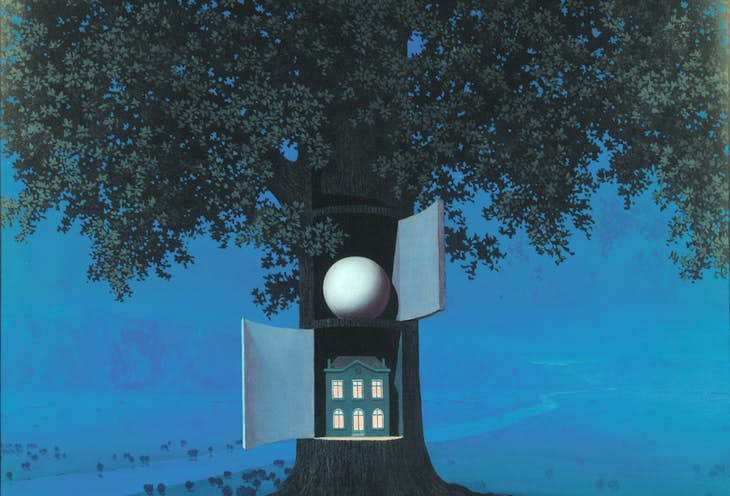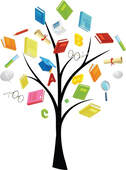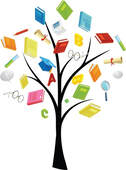|
|
This website is organised along the lines of the new TOK specification (first teaching August 2020, first examination May 2022).
Apart from this home page, you can scroll down the menu bars above: Themes, Areas of Knowledge and Assessment. Each landing page has several sub pages, so be sure to check them all. Each page contains hyperlinks, embedded documents, videos and PowerPoints. Some of the documents should be downloaded for optimal viewing. Within the new specification, there is a Core Theme (Knowers and Knowledge), which is compulsory. Teachers should also choose two themes from the list of optional themes. You will also cover all the Areas of Knowledge. The themes (both core and optional) are primarily assessed through the (new) TOK exhibition. The Areas of Knowledge will primarily be assessed through the essay. For the essay, you will get a choice between a set of prescribed (knowledge) questions related to the Areas of Knowledge.
|
|
Notice for TOK teachers:
If you are getting started with the TOK 2022 course, check out these 5 top tips for TOK teachers. On this page, you will find more information about course design, assessment, integrating TOK across the curriculum, recommended course books and My IB.
If you are getting started with the TOK 2022 course, check out these 5 top tips for TOK teachers. On this page, you will find more information about course design, assessment, integrating TOK across the curriculum, recommended course books and My IB.
|
|
How do we know?
The greatest obstacle to progress is not the absence of knowledge, but the illusion of knowledge. |
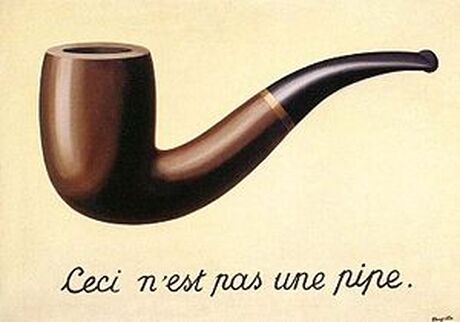
After years of digesting knowledge claims from various sources (not in the least from your own teachers), it is worth taking a step back to ask yourself the question 'How do we know?'. This question is central to the Theory of Knowledge course within the IB Diploma programme, but it is relevant outside the confines of this curriculum as well. This website aims to introduce you to the main concepts of the TOK course and to prepare you for its assessments. However, it also hopes to foster your interest in critical thinking about knowledge in a broad sense.
With the expansion of the media through the use of modern technologies, we come across a staggering amount of knowledge claims on a daily basis. In this "post-truth age", it seems increasingly difficult to distinguish fact from fiction, news from "fake news", and knowledge from propaganda. Nevertheless, failing to do so can lead to potentially harmful relativist thinking, whereby room is created for unfounded knowledge claims. Perhaps it is now more important than ever to reflect upon what is true and what not, what constitutes a fact and what is fiction, who possesses and represents knowledge and under what circumstances we should trust expert opinion. I hope that this website will inspire you to evaluate what presents itself as knowledge and that it encourages you to ask questions about knowledge. As a Belgian national, I am a huge fan of Magritte's paintings. In 'La trahison des images', [Ceci n'est pas une pipe] Magritte challenges our preconceived notions, which often find their origins within representational models of reality. We all know that representation and reality are not the same thing, yet we often need reminding about this fact. Our world view is shaped by our language, our cultural background and years of education. Yet, the world does not exist in an absolute sense. As Wade Davis illustrates in his TED talk on endangered cultures, we could perhaps speak of 'multiple models of reality' instead. The methods we employ to gather knowledge are heavily influenced by the model of reality we are most familiar with. In some cases these models of reality offer mutually inconsistent explanations and it may be difficult to argue that they can truly co-exist. In others, however, they may complement each other and the range of perspectives leads to better knowledge. Throughout the TOK course, you are invited to go on a journey in which you critically evaluate yourself as a 'knower' and "thinker" within your community of "knowers". In Theory of Knowledge classes, you will explore knowledge questions related to a range of themes. You will also look at a 5 compulsory areas of knowledge: History, Human Sciences, Mathematics, Natural Sciences and The Arts. You will make links between various areas of knowledge whilst evaluating the boundaries that confine them. You will learn more about the methods we employ to gather knowledge in different disciplines and discover perspectives as well as shifts within cognitive paradigms. Throughout the course, you will also explore the ethical implications that come with the possession of and search for knowledge. Theory of Knowledge is an assessed subject at IB DP level. On the assessment page, you will find more information about the assessed TOK exhibition and the essay on prescribed titles. |
|
|
Key conceptsWhat makes TOK lessons different from other IB DP lessons, is that you will think about knowledge and what it means to know rather than learn new knowledge as such. To do so, you will come across a range of fairly abstract concepts. Thinking about these concepts can be a little different from what you are used to. Exploring TOK concepts may push you to the edge of your comfort zone. Some students find this difficult at the beginning, but rewarding eventually. The IBO suggests that the following concepts will help you explore the notion of knowledge: evidence, certainty, truth, interpretation, power, justification, explanation, objectivity, perspective, culture, values, and responsibility. You will notice that these concepts recur within different sections of the website. To think about knowledge, you will also analyse knowledge questions.
|
|
|
The elements that will recur throughout the entire course:
scope, perspectives, methods & tools and ethics.
|
Throughout the course, you will focus on questions about knowledge. These questions may sound a little abstract at first, but they are based on what happens in real life (the world around us). In that sense, knowledge questions are not purely philosophical. The IBO has grouped the suggested knowledge questions around four elements: scope, perspectives, methods & tools and ethics. These elements provide a basis, or a framework for the knowledge questions.
|
"Scope""This element focuses on exploring the nature and scope of the different themes and areas of knowledge. It explores how each theme/area of knowledge fits within the totality of human knowledge, and also considers the nature of the problems that each theme/ area of knowledge faces and tries to address. Knowledge questions relating to scope include:
"Methods and Tools""This element focuses on exploring the methods, tools and practices that we use to produce knowledge. This includes the building of conceptual frameworks, the establishing of traditions and practices, as well as the methodologies employed by formal disciplines. It also includes consideration of the cognitive and material tools that we have available to help us in the pursuit of knowledge, and of how these tools have changed as a result of technological developments. Knowledge questions about methods and tools include:
|
"Perspectives""This element focuses on the importance and influence of perspectives and context. This includes reflection on the students’ own perspectives and what informs them, as well as how different people or groups view or approach knowledge in the different themes/ areas of knowledge. It also includes reflection on historical perspectives and how knowledge changes over time. Knowledge questions relating to perspectives include:
"Ethics"This element focuses on exploring ethics and the ethical considerations that impact inquiry in the different themes and areas of knowledge. This includes aspects such as the relationship between facts and values, and how ethical and epistemic values are built into the quest for knowledge. It also includes questions relating to knowledge and inequality and injustice. It is crucial that TOK discussions about ethics focus on the knowledge questions that are woven into and implied in the ethical issues being discussed, rather than the focus being on debating the ethical issues themselves. Examples of knowledge questions about ethics include :
|
|
|
Important notice on using materials from this website:
Dear students, you are very welcome to use ideas and materials from this website to write your TOK essay and plan your TOK exhibition. However, it is important that you reference correctly when you submit your final assessed essay and/or exhibition.
Dear teachers, you can use my resources, lesson ideas and PowerPoints freely in your lessons. However, you cannot sell any resources from this website or pass them on as your own creation (copyright regulations).
Dear teachers, you can use my resources, lesson ideas and PowerPoints freely in your lessons. However, you cannot sell any resources from this website or pass them on as your own creation (copyright regulations).
